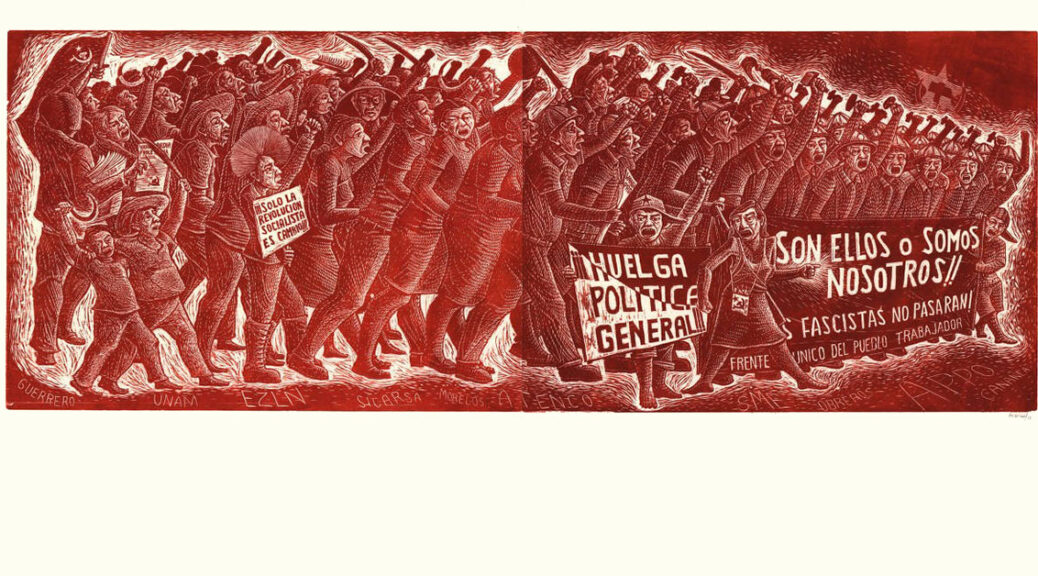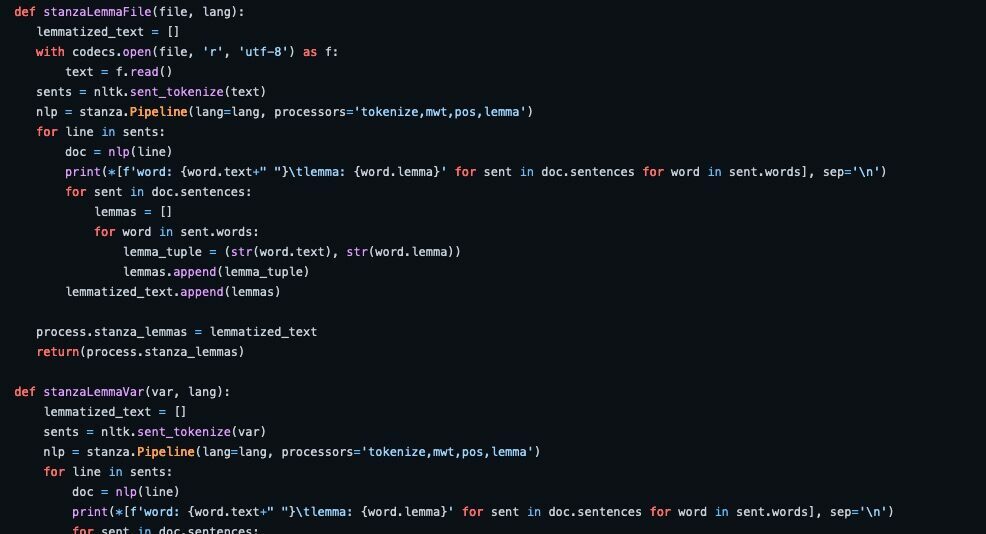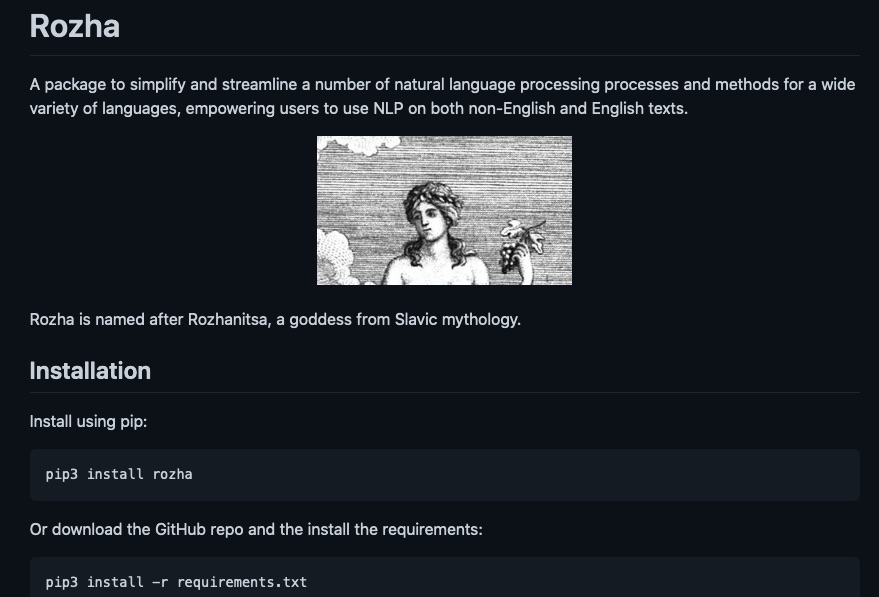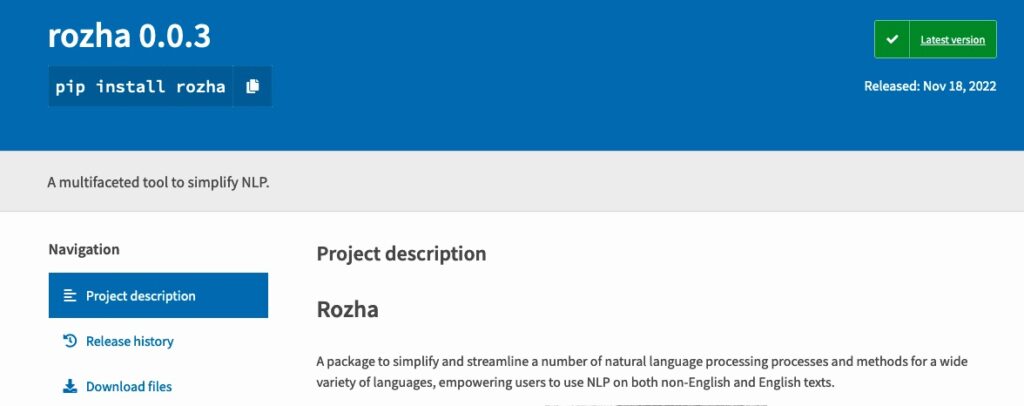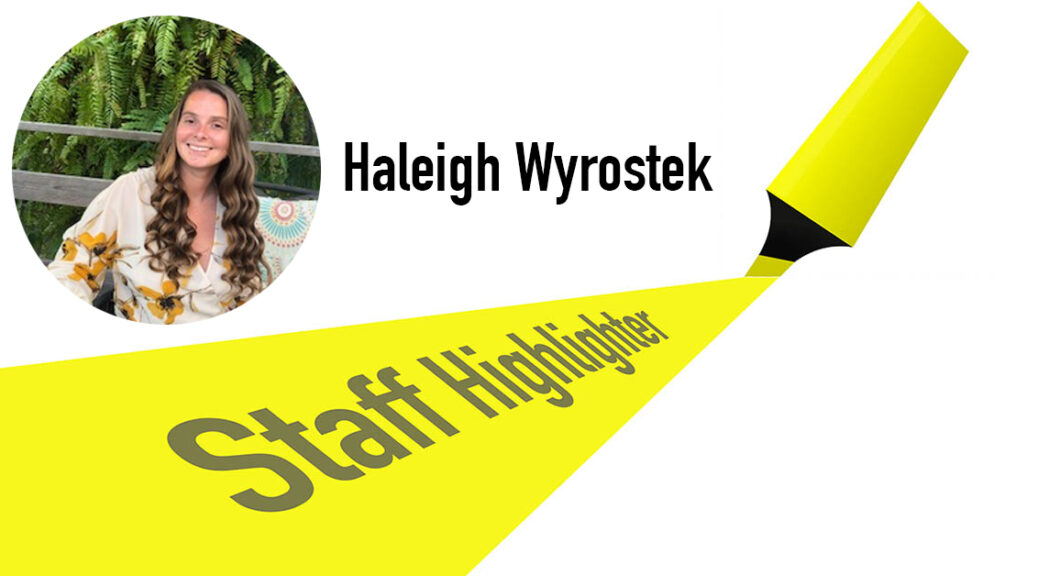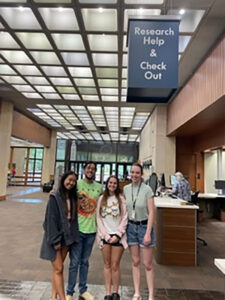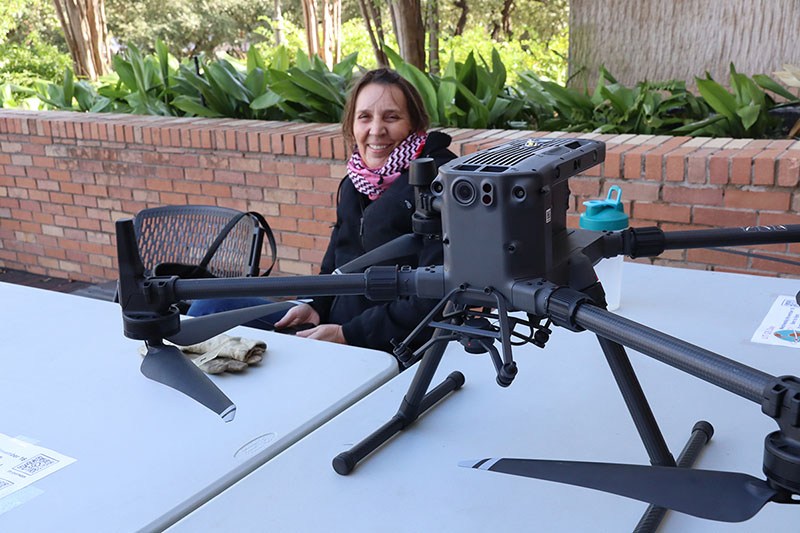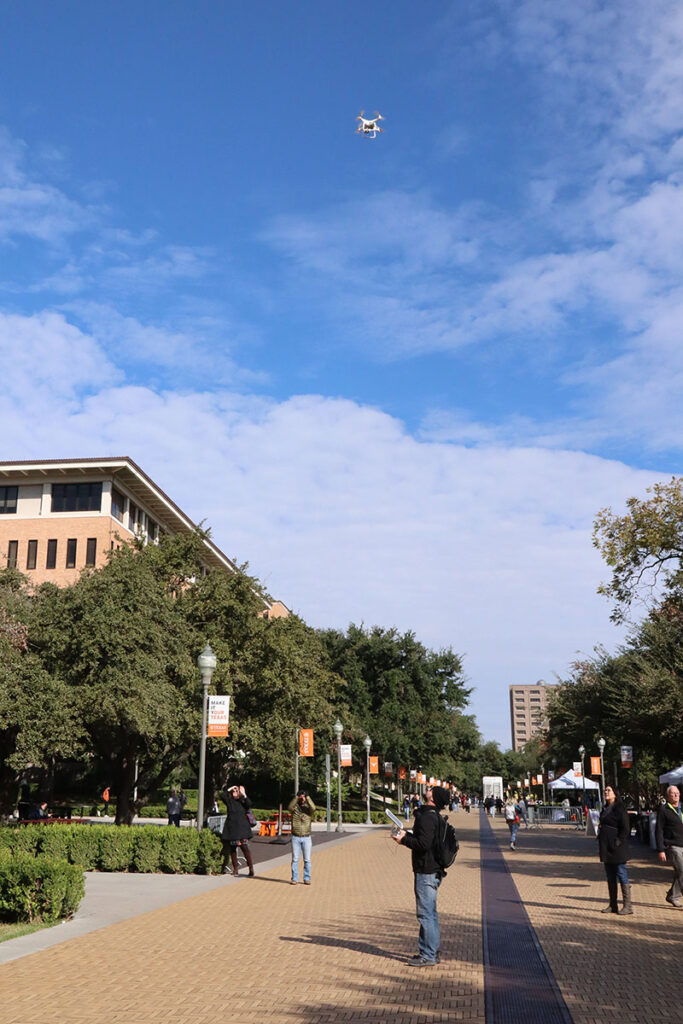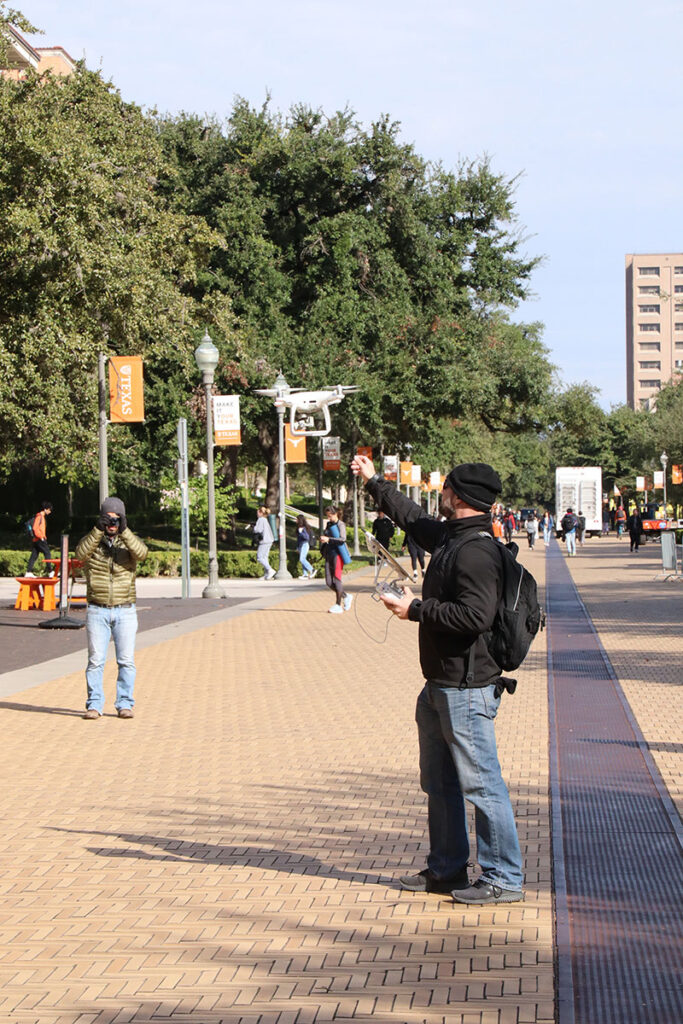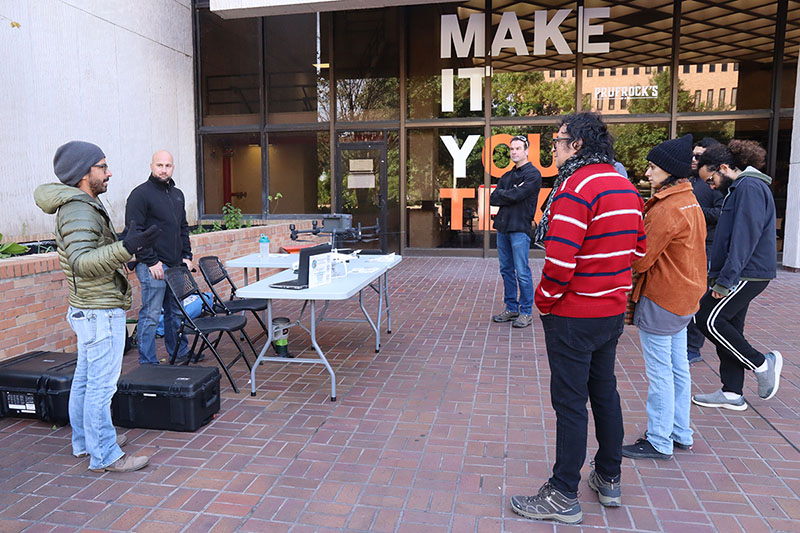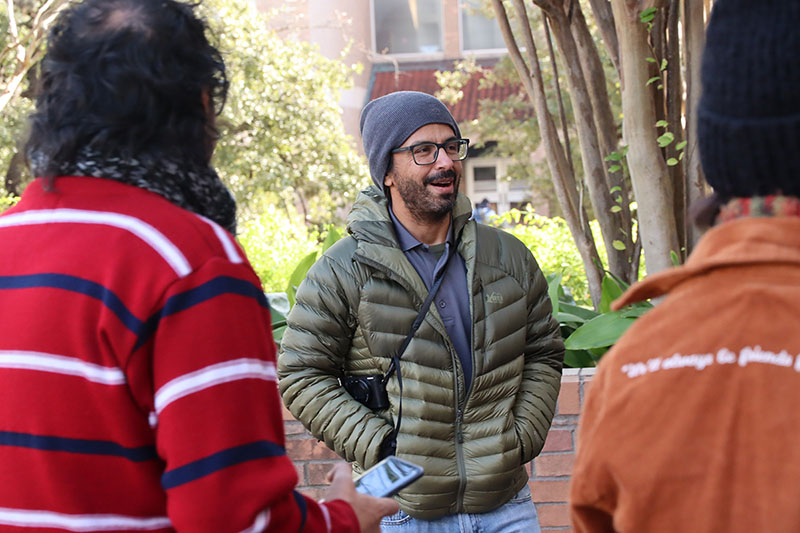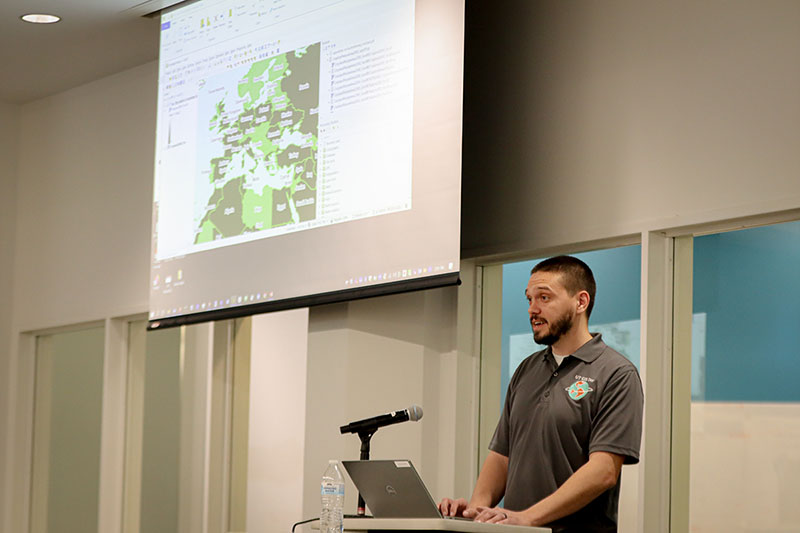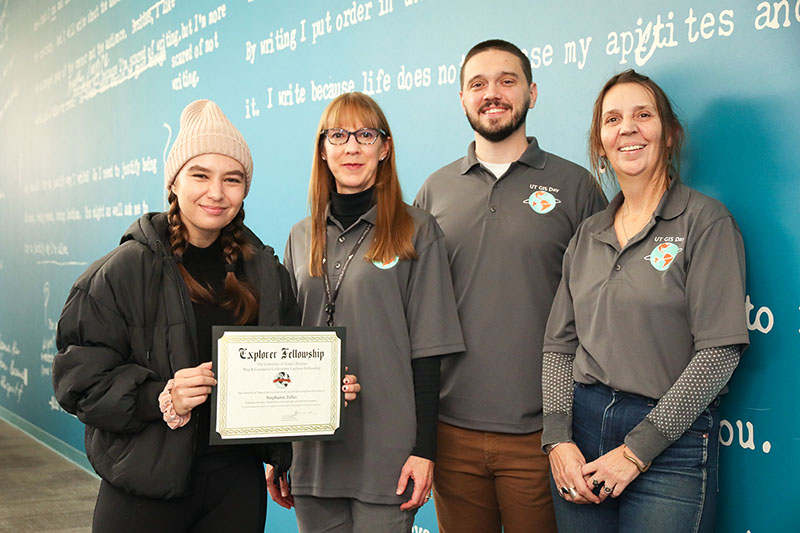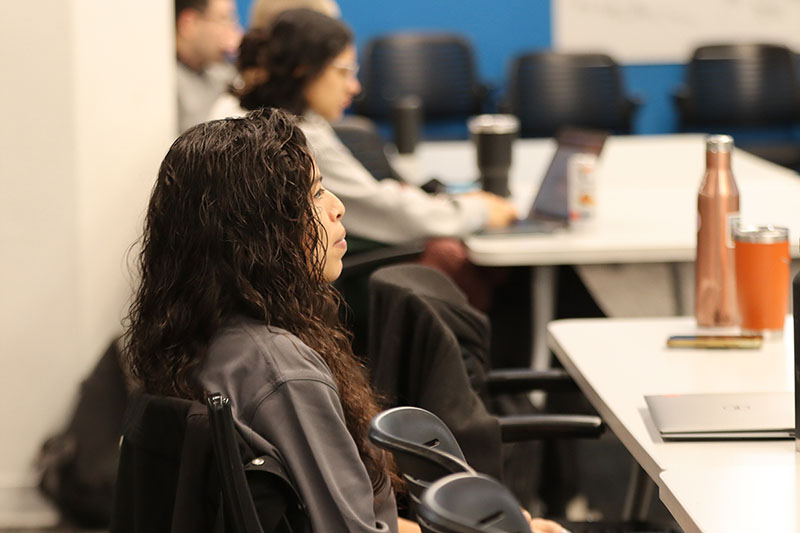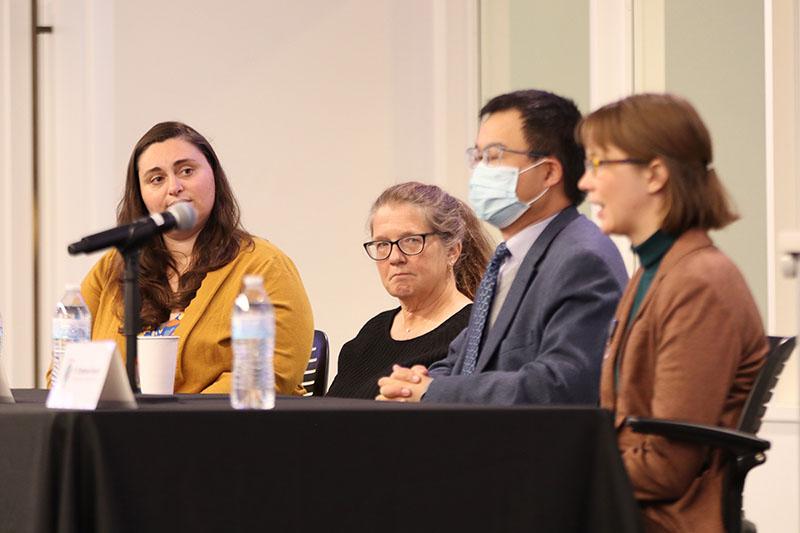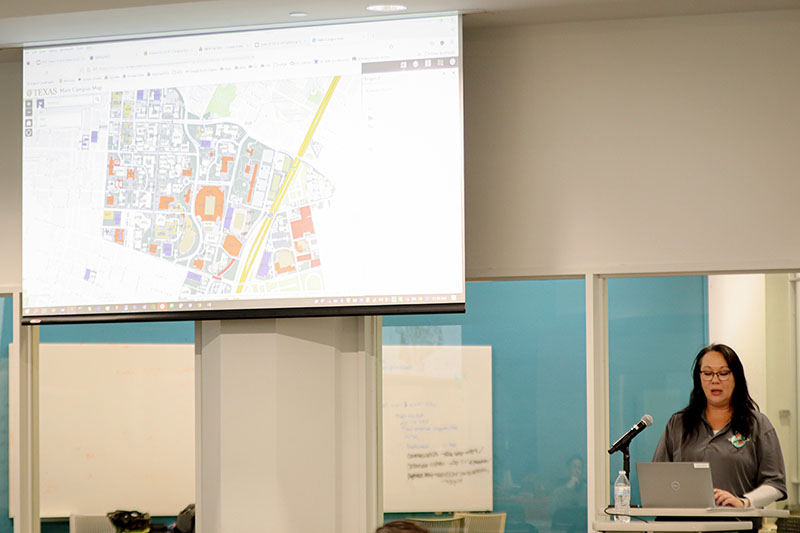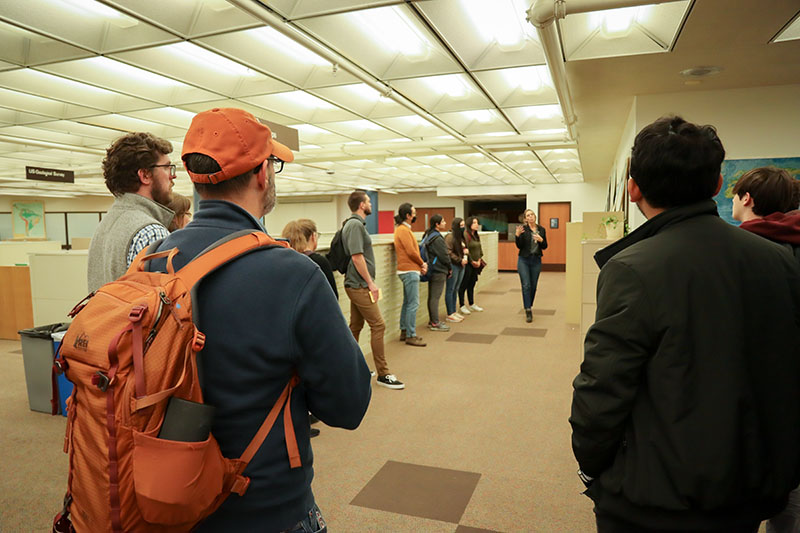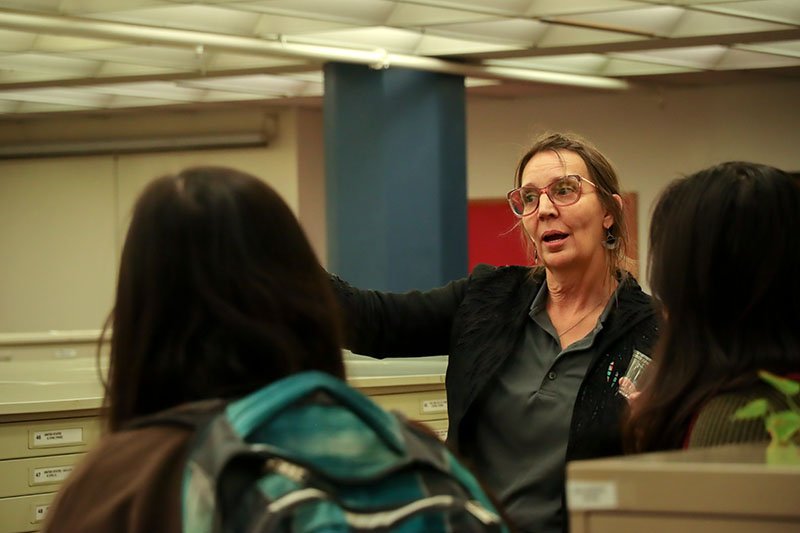Read, hot & digitized: Librarians and the digital scholarship they love — In this new series, librarians from the UT Libraries Arts, Humanities and Global Studies Engagement Team briefly present, explore and critique existing examples of digital scholarship. Our hope is that these monthly reviews will inspire critical reflection of, and future creative contributions to, the growing fields of digital scholarship.
Working at the Nettie Lee Benson Latin American Collection since I began a career in librarianship, I have been fortunate to witness and sometimes participate in various facets of what goes into making the Benson the premiere Latin American collection in the world. The collection has many incomparable features, and depending on a researcher’s interest, they will know the Benson in unique ways from others. For instance, there are those that know the Benson because we hold the papers of Gloria Anzaldúa and Alicia Gaspar de Alba, two groundbreaking Chicana writers. Others will know it because of the Archive of Indigenous Languages of Latin America (AILLA), the digital archive that is a gateway to linguistic preservation and revitalization. Others will know it still because of our wonderful circulating collection, which includes journals, new publications, canonical works, children’s literature, etc. At the Benson we always say that if it exists and is tied to Latin American or US Latinx subject matter, we try to collect it.
One unsurprising aspect of the Benson is our dedication to documenting human rights initiatives. This happens across all of the ways that we do collecting, but I’m thinking specifically about the work that my colleague Theresa Polk and the Latin American Digital Initiatives team do on a daily basis, particularly working with post-custodial partners throughout Latin America to document local, often grassroots struggles.
I couldn’t help but think of her work when I saw a noteworthy digital collection from the University of New Mexico’s esteemed Center for Southwest Research. The collection, “Asamblea de Artistas Revolucionarios de Oaxaca Pictorial Collection,” is described as a “collection of prints, posters, and mural stencils…created by a collective of young Mexican artists that formed during the state of Oaxaca’s 2006 teachers strike.” The strike lasted seven months and turned violent after police opened fire on non-violent protestors representing the teachers’ union. Eventually, various groups forced the police out of the city and set up an anarchist community for several months while unsuccessfully calling for the resignation of then-Oaxacan governor Ulises Ruiz Ortiz. The 127 artworks in this collection reflect this period through themes that include “land rights, political prisoners, government corruption, political violence, police brutality, violence against women, art exhibitions and the nationalization of agriculture and oil.”
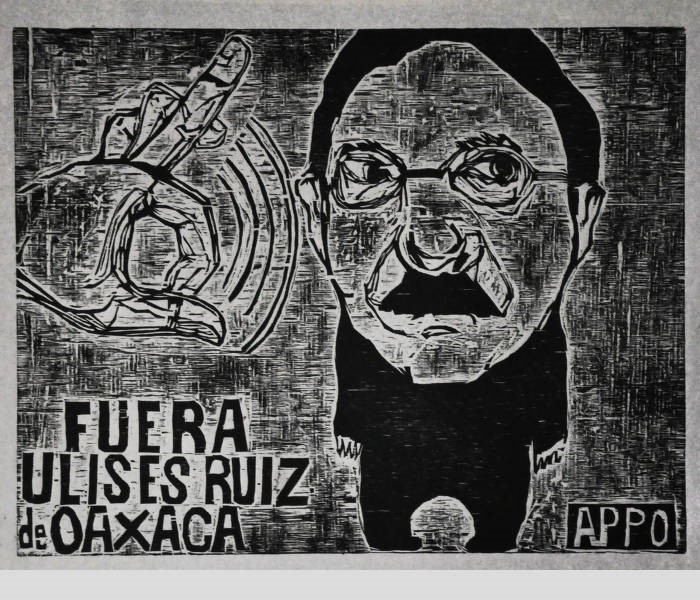
The artwork has been digitized and made available on the site using high-resolution scans. One of the strengths of the collection is that users can see a thumbnail and a brief, but useful description of the document, as shown below.
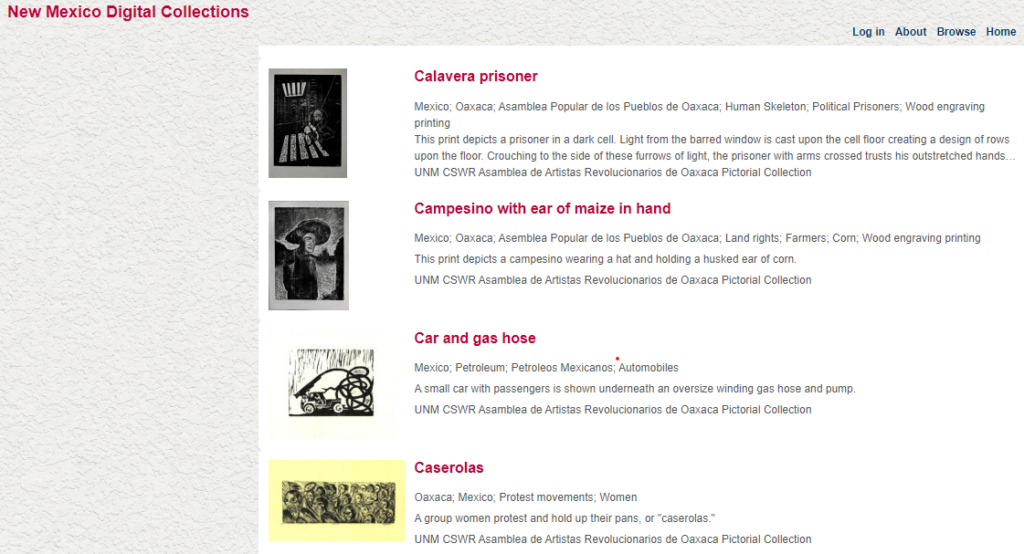
Then, users can click on each individual item for a larger image with richer metadata. Indeed, another strength of the collection is its metadata. While only in English, it contextualizes the image for a deeper understanding.
Another feature of the digital collection is that UNM’s Center for Southwest Research has worked with the Asamblea de Artistas Revolucionas de Oaxaca (ASARO) to archive their blogs and other digital-born materials using Archive-It. Having access to these blogs in a shared digitize space enhances the collection because it preserves ASARO’s voices on the struggle, using their words and their language. Like the metadata, this creates fuller meaning for researchers while fostering a relationship between ASARO and UNM.
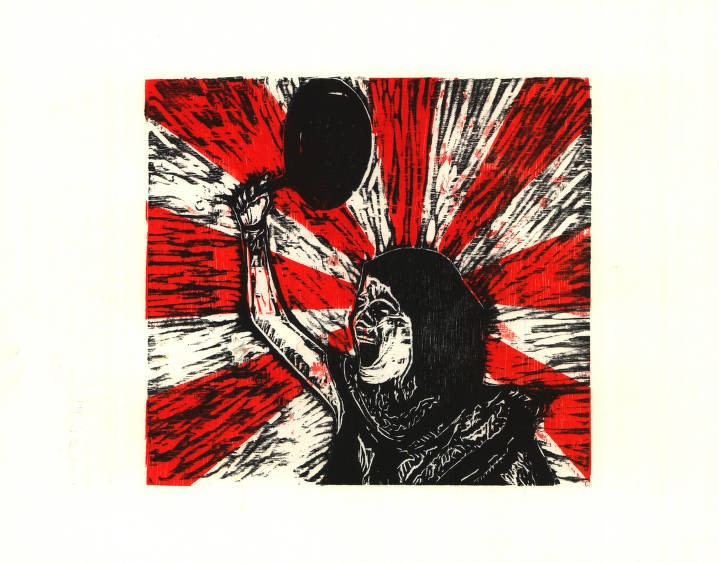
This collection is useful to researchers and classes who are interested in understanding politics and local movements in twenty-first century Mexico. Like the Benson’s Latin American Digital Initiatives, the themes are so varied, making it a useful tool for classes doing interdisciplinary work, and particularly for scholars who are more visually-inclined. In any case, it is a welcome contribution to the study of human rights in Latin America, and a wonderful reminder of the work that libraries do in documenting and preserving historical moments.
Would you like to know more about the teachers’ strike? Check out the following resources we hold at UT Libraries.
La batalla por Oaxaca (2007)
“Women in the Oaxaca Teachers’ Strike and Citizens’ Uprising (2007)
“‘Our Culture’s Not for Sale!’: Music and the Asamblea Popular de los Pueblos de Oaxaca in Mexico” (2021)

